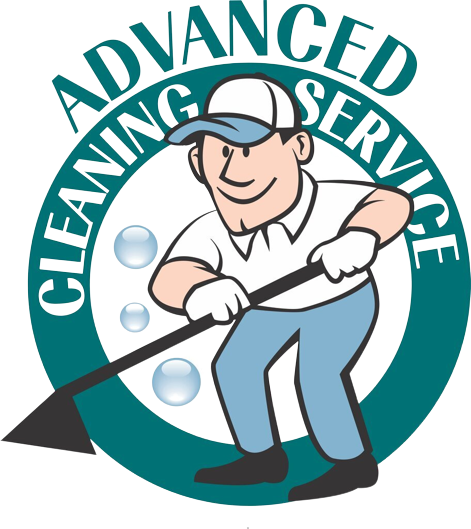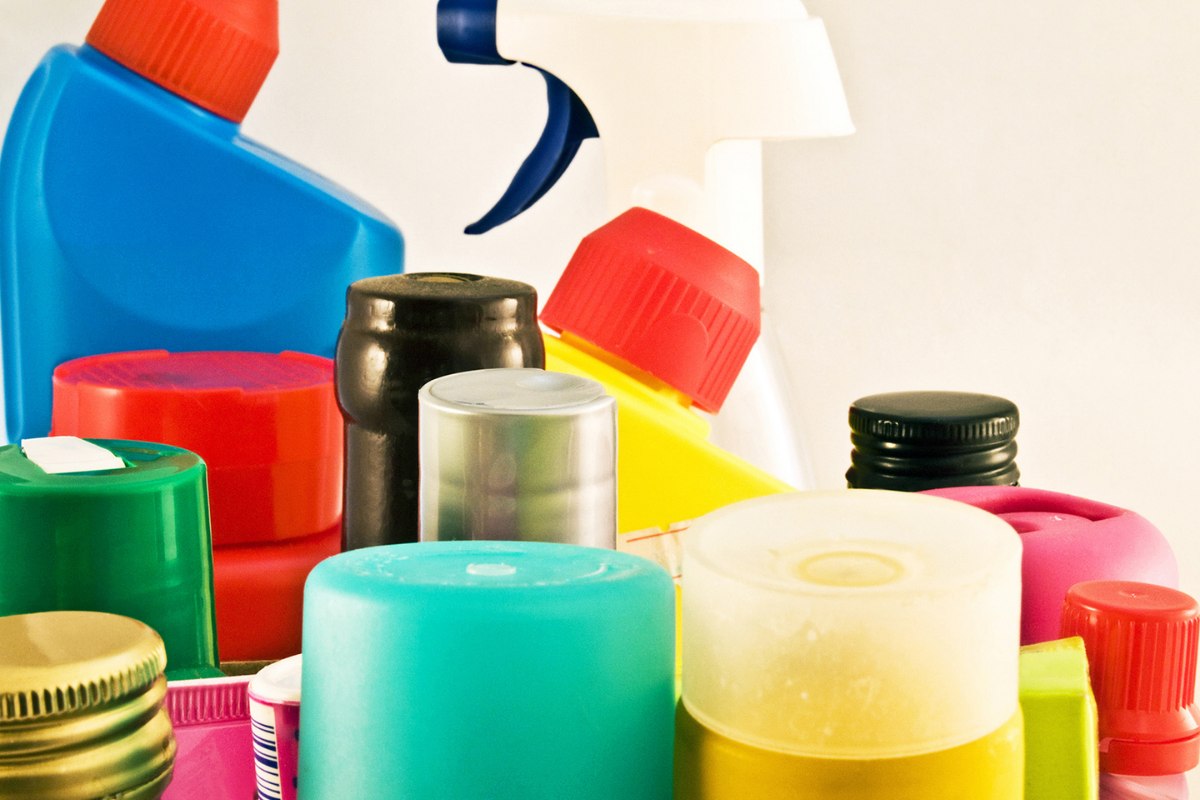Even if your office uses commercial cleaning services, you will have cleaning supplies. It’s important to know how to store cleaning supplies for the health and wellbeing of everyone in the office; further, so that people know how to find chemicals when needed and how to put them away when they are finished, your office needs a chemical supply safety plan that is readily available to everyone within the workplace.
Label Chemicals and Cleaning Supplies
First, all cleaning supplies and chemicals in the office should be labeled. Making assumptions…that a person knows what an appliance is or how it’s used or what a chemical agent is or how it’s used, is a recipe for disaster or at least for harm and an unfortunate mess (at best). All chemical supplies should retain their original labels. If for whatever reason you decide to change the labels or move chemicals to a different container, make sure they are labeled with their name and compound information.
Keep Warning Labels Intact
In addition to labeling chemicals, warning labels should remain intact or somehow available affixed to each cleaning supply in your company’s arsenal. Warning labels advise on emergency procedures should someone be injured through inhalation, touch, or ingestion. Should any of these methods of contact transpire, the information on the warning label could be lifesaving. Further, warning labels discuss chemical and agent interactions; it’s vital that everyone using the office cleaning supplies be aware of what the cross-actions and interactions are.
Organize Chemicals by Hazard Class
To help everyone within the office, a major aspect of cleaning supply safety, is to ensure that cleaning supplies are organized according to hazard class. This means to put cleaning supplies together in order of combustibility; flammable chemicals or those that are prone to spark should be stored together and away from any object that could instigate a reaction.
Place Cleaning Supplies in a Well-Vented, Cool, Dry Space
A further note relative to storing cleaning supplies is to store them in a well-vented, cool, dry space. Avoid placing cleaning supplies and chemicals next to electrical outlets, HVAC systems, or unventilated spaces. Cleaning supplies are often stowed in cabinets to keep them out of the way but also to make them accessible. Make sure the cabinet or closet or space of choice is one that gets regular air flow, that does not get too hot, and that is not adjacent to major appliances that could become fire hazards.
Make Sure the Lids are Firmly on Cleaning Supplies
Lastly, as part of any cleaning supply safety plan, ensure all cleaning products and chemicals are secure when they are returned to the storage area. In other words, make sure lids are screwed on straight and firmly; make sure that spray bottle nozzles have been turned to the “off” modes. Power cords should be wrapped up and stowed properly, and chemicals and cleaning supplies should be put back into the correct location.
Have a Hazard Disposal Plan
Lastly, a major component of ensuring your office is properly using cleaning supplies is to have a disposal plan. When a product runs out, there needs to be a way to communicate this information whether it’s on a checklist or to a responsible party. What is more, there also needs to be a disposal plan; if the cleaning supply is a hazardous one or a large one (such as a vacuum cleaner), there needs to be a plan for how to dispense of the used item.
Putting your office’s cleaning plan into words and putting that inside of the cabinet, room, or closet where the office cleaning supplies are housed will help ensure everyone safely stores office cleaning supplies and that everyone follows the same safety plan
Keeping an office clean is a big job, and while some offices might choose to hire a commercial cleaning company such as Advanced Cleaning, they will still have odds and ends to keep tidy and sanitized. Advanced Cleaning cares that when we aren’t there to help, you are as safe as you are clean.




